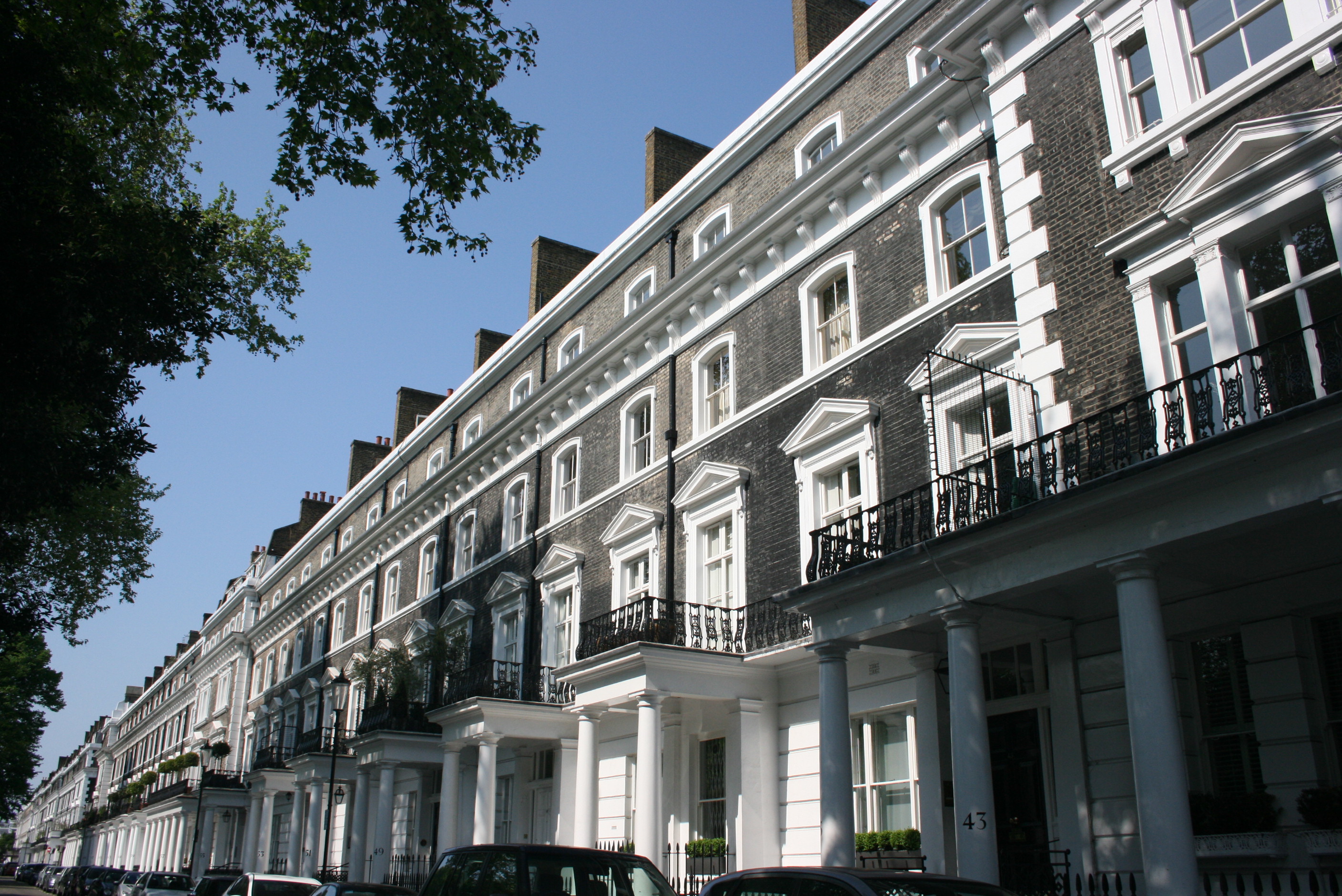What could the Conservative victory mean for housing?
By Alia Khan, Consultant
In the December 2019 General Election, the Conservatives enjoyed a landslide victory, winning 365 seats with a majority of 79. Following his election victory, Prime Minister Boris Johnson has promised to “work round the clock to repay your trust and to deliver on your priorities”. Could this mean that the Johnson administration will start focusing on domestic issues such as the housing crisis with as much urgency as Brexit?
With the housing crisis still at large, the 2020 election manifesto suggested that the Conservatives would be a government with a focus on home ownership.
Housing Supply
The conservatives have maintained their pledge of delivering 300,000 homes a year by the end of parliament. Furthermore, the government also said it will ‘commit to renewing the Affordable Homes Programme, in order to support the delivery on hundreds of thousands of affordable homes.’ However, very little detail on how this target will be achieved is provided.
It is important to note that the same pledge of delivering 300,000 homes a year was made in 2015, yet failed to meet this target, whereby in November 2019, and independent spending watchdog found that not a single house was built as a result of a Conservatives pledge to create hundreds of thousands of new homes. Will Johnson’s administration learn from this and focus on delivering on its target of building new homes, this only time will tell.
With the Government target of achieving net zero carbon emissions by 2050, it is likely for the Ministry for Housing Communities and Local Government to adopt a climate change agenda and hand down legislation which would force developers and the construction industry alike to deliver carbon neutral developments.
Furthermore, the Conservative government is expected to pass the Environment Bill which had to be withdrawn once the election had been called. The Bill included mandatory requirements for developers to secure an overall 10% biodiversity net gain in new schemes, while local authorities will have to draw up spatial local nature recovery strategies.
Planning
The conservative manifesto pledged that it would ‘make the planning system simpler for the public and small builders’, but elsewhere, there was a focus on building infrastructure – including social infrastructure, such as schools and GP surgeries – before people move into their homes which adds to further risk for developers.
The government was expected to launch an Accelerated Planning White Paper, but following the announcement of the General Election, the UK entered a period of Purdah which meant no major policies could be announced by ministers. However, the government is now likely to revive the planning white paper, which will presumably ‘allow local authorities to charge higher planning application fees, provide automatic fee rebates and tighten up on pre-commencement conditions’, which does the opposite to making planning easier for the public and small builders.
Furthermore, changes to the permitted development (PD) rights are expected as poor-quality office to residential conversions managed to gain negative coverage. At the Conservative conference, the Secretary of State for Housing, Communities and Local Government, Robert Jenrick, confirmed that the government would review the quality of housing produced from this policy.
Now that Britain has exited the European Union, perhaps the government of the day will now make more of an effort to shift their focus on more pressing domestic issues; the housing crisis.

Strategic land and site promotion
We work with strategic land developers and promoters, landowners and planning consultants to promote sites …

Energy and infrastructure
From new nuclear and unconventional gas to renewables, waste and airports, our team has worked …


